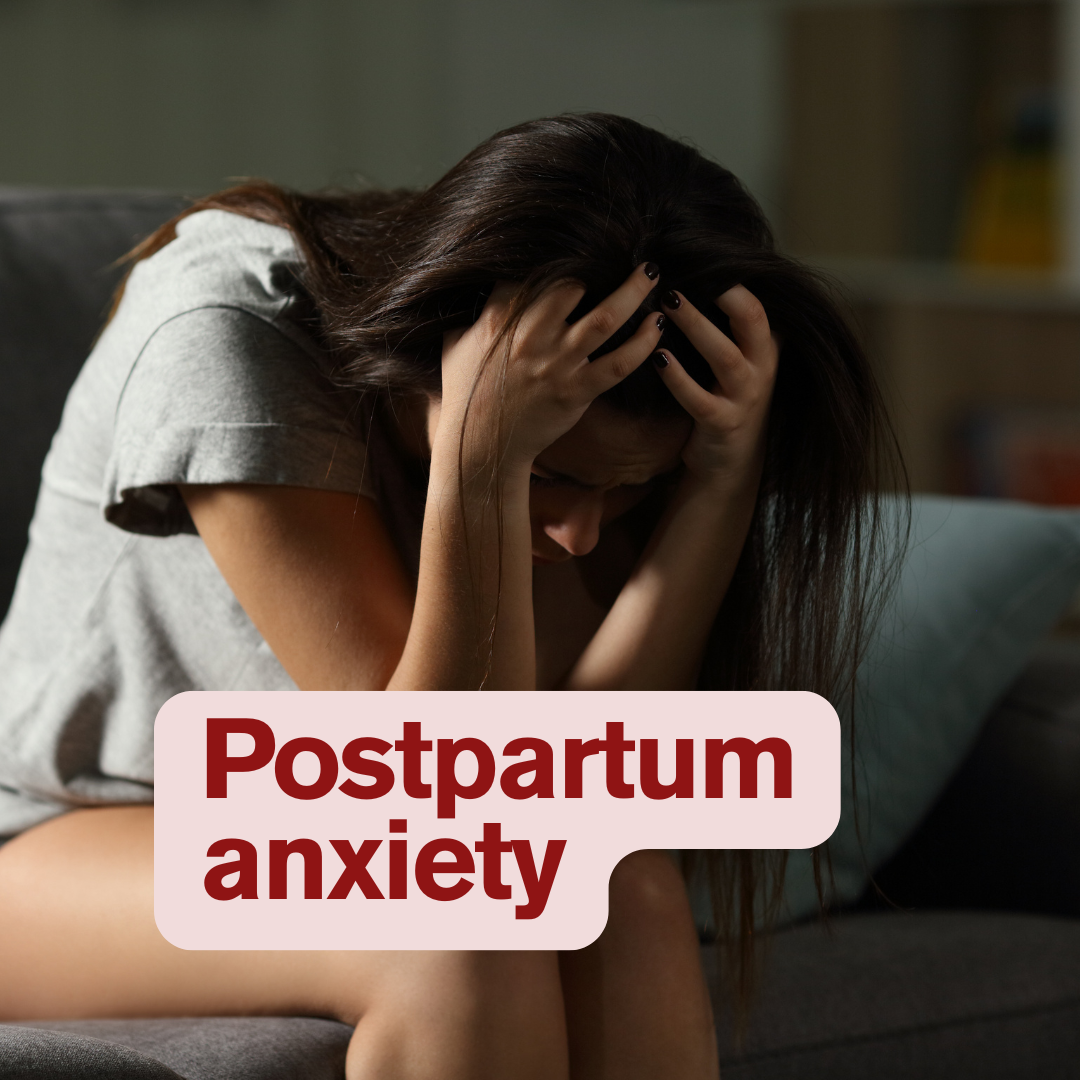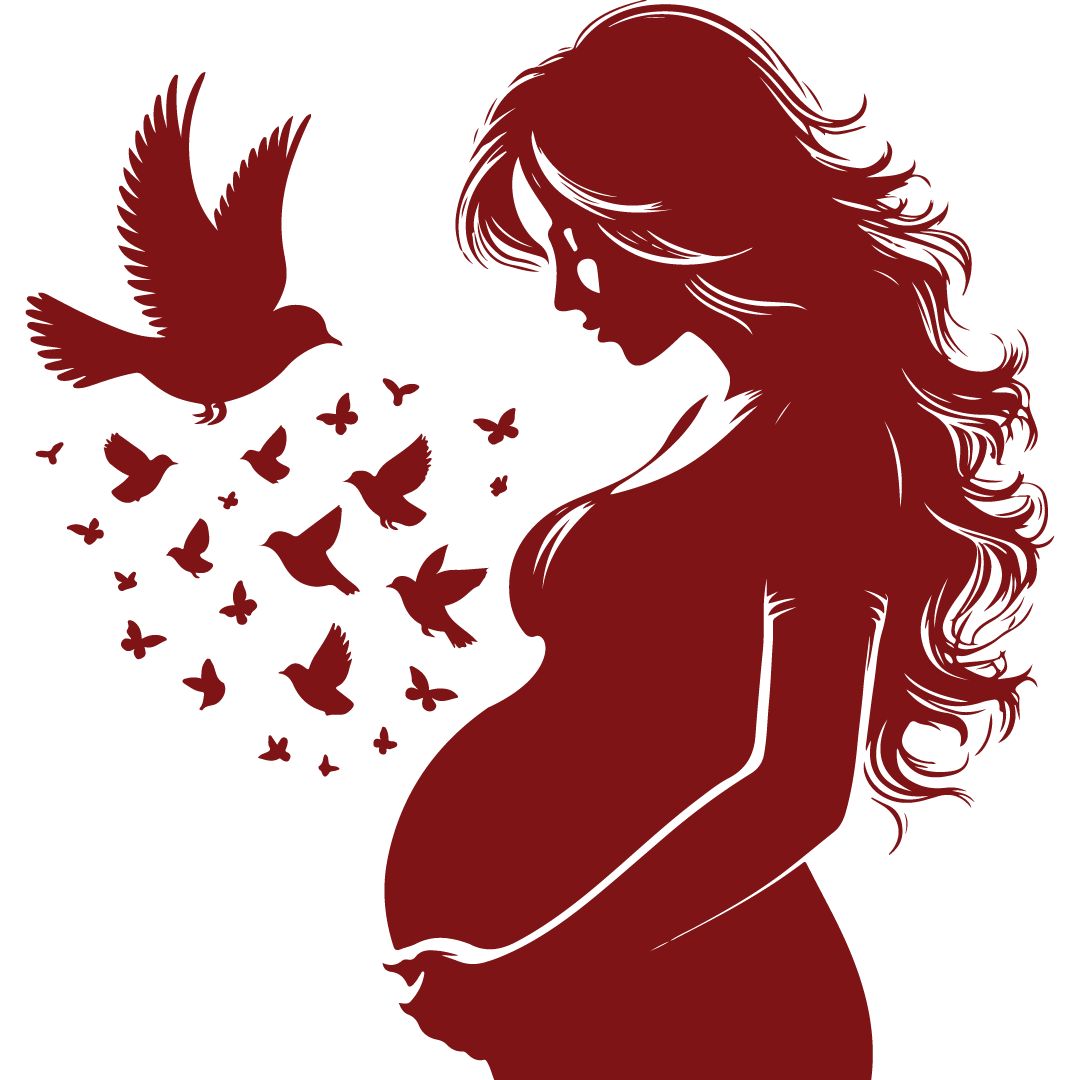
Signs of Postpartum Anxiety You Shouldn’t Ignore - And What to Do About It
Published: January 28, 2026
Motherhood can be beautiful - but also overwhelming. While it's common to experience emotional ups and downs after childbirth, persistent anxiety should not be ignored. Many new mothers in India and around the world silently suffer from postpartum anxiety without even realizing it.
What is Postpartum Anxiety?
Postpartum anxiety is a mental health condition where new mothers experience intense worry, fear, or nervousness after giving birth. Unlike baby blues, which typically fade within two weeks, postpartum anxiety can persist and worsen without support.
Signs You Shouldn’t Ignore:
- Constant worry or fear something bad will happen
- Racing thoughts or inability to relax
- Difficulty sleeping even when the baby is asleep
- Feeling irritable or on edge
- Physical symptoms like a racing heart or shortness of breath
- Obsessive checking on the baby
What Causes It?
- Hormonal changes after birth
- Lack of sleep and exhaustion
- Stress related to caregiving and body image
- Personal or family history of anxiety
- Traumatic birth experience
What You Can Do:
1. Talk About It: Share how you’re feeling with someone you trust—your partner, mother, friend, or a mental health professional. Speaking up is the first step toward healing.
2. Build a Support System: Ask for help. Let others pitch in with meals, baby care, or chores. This reduces overwhelm and creates emotional space.
3. Establish a Routine: Gentle routines for sleep, meals, and even five-minute self-care rituals (like warm baths or meditation) help stabilize your mood.
4. Try Mindfulness or Yoga: Breathing exercises, meditation, or light yoga can calm the nervous system and help reconnect with yourself.
5. Know When to Seek Help: If anxiety feels unmanageable, talk to your gynecologist or a mental health expert.
6. Involve Your Partner: Let your partner know what support looks like for you - maybe it’s watching the baby while you rest, helping with meals, or just listening without judgment.
Final Thought: Postpartum anxiety is more common than we think - and nothing to feel ashamed about. You are not alone, and with the right support, it gets better. Prioritizing your emotional well-being is one of the most powerful ways to nurture both you and your baby.
At Avnita, we’re here to support every mother’s journey—with empathy, expert guidance, and a community that listens.
